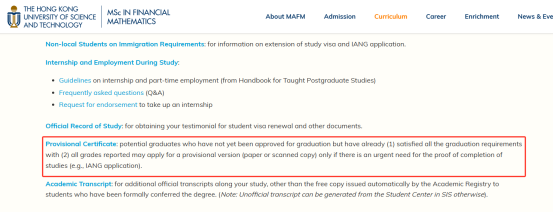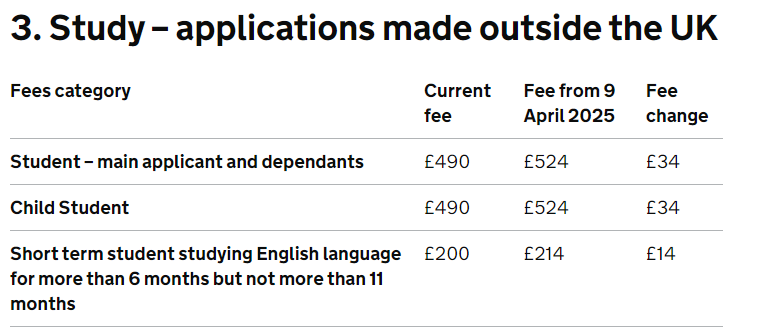万众瞩目的2025 WSDA全国总决赛将于8月盛大举行,公共论坛式辩论(PF)辩题投票如约启动!
在众多领域、众多辩题中WSDA辩题委员会为大家精心挑选了经济、教育、医疗服务三大领域的辩题。现在决定这场巅峰之战PF辩题的关键一票就在你的手中,快来选出你最期待的辩题!
候选辩题01 Economy
Resolved: Countries experiencing housing crisis’ should ban foreign purchasing of houses.
经历住房危机的国家应禁止外国人购买房产。
Backgroud
Many countries around the world have faced severe housing crises, marked by skyrocketing home prices, increasing rents, and growing homelessness. These crises are often concentrated in major cities where housing demand far exceeds supply. A contributing factor that has gained global attention is the rise in foreign investment in residential real estate. Wealthy international buyers often purchase property in desirable cities not to live in, but as an investment or second home. Critics argue that this drives up prices, reduces housing availability for locals, and turns neighborhoods into "ghost towns" where many homes remain vacant.
Countries like Canada and New Zealand have responded by implementing bans or heavy taxes on foreign homebuyers, aiming to cool their overheated markets and prioritize housing for residents. Supporters of such bans claim that foreign purchasing undermines local affordability and disrupts community stability. On the other hand, opponents argue that foreign investment boosts local economies, funds development, and that housing shortages are primarily due to domestic policy failures, such as restrictive zoning laws and insufficient construction.
This debate centers on whether countries facing housing crises should go so far as to ban foreign homebuyers entirely. It raises complex questions about sovereignty, market dynamics, fairness, and the role of government in regulating housing access in an increasingly globalized world.
02 Education
Resolved: Funding for humanities in higher education should be substantially decreased.
高等教育中人文学科的资金支持应大幅减少。
Backgroud
The value and role of the humanities in higher education have come under increased scrutiny. The humanities—including disciplines such as literature, philosophy, history, and the arts—have traditionally played a central role in fostering critical thinking, cultural understanding, and ethical reasoning. However, as the global economy becomes more technology-driven and job markets increasingly favor fields like science, technology, engineering, and mathematics (STEM), some policymakers and institutions have questioned whether the current level of funding for the humanities is justified.
Supporters of decreasing funding argue that public investment should prioritize fields with clear economic returns and job prospects. They claim that many humanities degrees do not lead to direct employment opportunities and that limited education budgets should be directed toward disciplines that drive innovation, economic growth, and workforce development.
On the other hand, defenders of the humanities contend that these disciplines are essential for a well-rounded education and a functioning democracy. They argue that the humanities promote critical thinking, communication, empathy, and an understanding of diverse cultures—skills that are crucial in both the workplace and civic life. Furthermore, they warn that cutting funding could deepen inequality, reduce access to diverse educational opportunities, and narrow the purpose of higher education to job training alone.
This debate centers on the broader question of what higher education should achieve and how best to allocate public resources to meet both societal and economic needs.
03 Healthcare
Resolved: Abolishing England's National Health Service will be more beneficial than harmful.
废除英格兰国家医疗服务体系将利大于弊。
Backgroud
The National Health Service (NHS), established in 1948, is the publicly funded healthcare system of the United Kingdom and plays a central role in English society. Based on the principle that healthcare should be free at the point of use and funded through taxation, the NHS has long symbolized social welfare and national solidarity. It delivers comprehensive medical services to millions of residents, regardless of income, and remains one of the world’s largest publicly funded healthcare systems.
In 2025, the NHS is undergoing significant structural reforms under Prime Minister Keir Starmer’s leadership. The government has announced plans to abolish NHS England as a separate entity and reintegrate its functions into the Department of Health and Social Care over a two-year period. This move aims to streamline operations and eliminate duplication, including cutting NHS England’s workforce by half—from 13,000 to around 6,500 employees. Simultaneously, the NHS is investing £21 billion over five years to modernize services through digital innovation, with new tools like Cancer 360 for faster diagnosis and treatment, and expanded treatment options such as linzagolix for endometriosis. Additional initiatives include a £102 million expansion of over 1,000 GP surgeries and an updated childhood immunization schedule to address rising measles cases.
Despite these modernization efforts, the NHS continues to face criticism for long wait times, underfunding, and staff shortages. Advocates for abolition argue that the system is outdated and would benefit from a transition to a more flexible, possibly privatized model. In contrast, critics of abolition warn that such changes would undermine equitable access to care and erode a foundational public institution.
This resolution asks whether dismantling the NHS could ultimately bring more benefit than harm to England’s healthcare future.
投票规则与方式
仅WSDA会员可参与投票
请各位会员在投票时登录WSDA账户
每位会员限投一次,重复投票无效
本次投票将于2025年5月25日截止
辩题投票结果将于6月初公布
届时将同步公布小学组即兴辩论的备稿辩题
敬请期待














